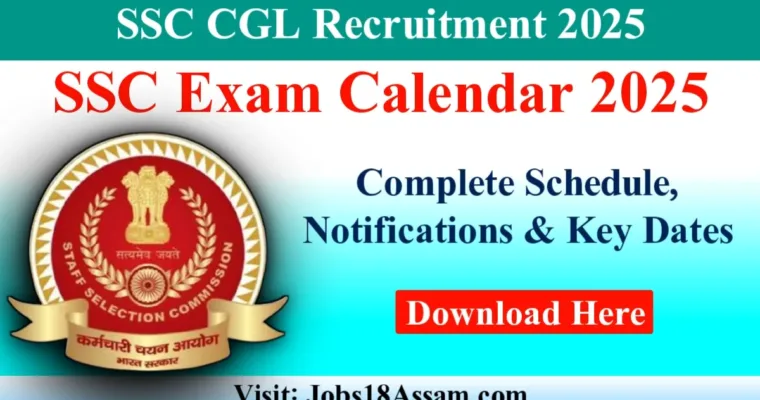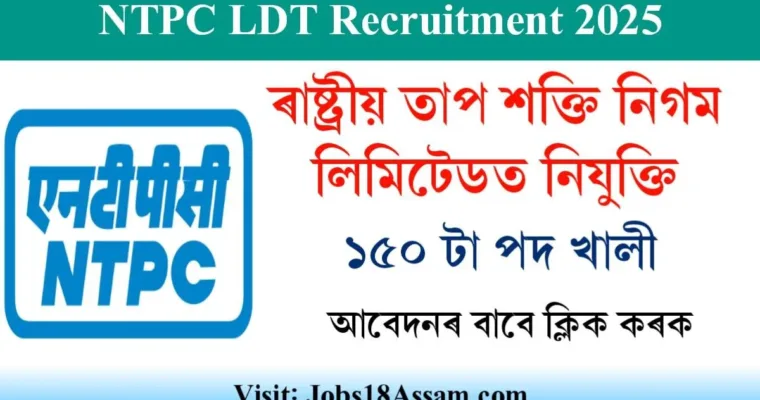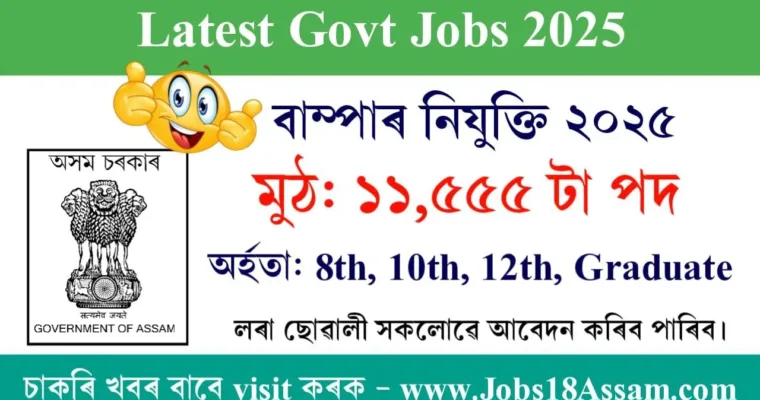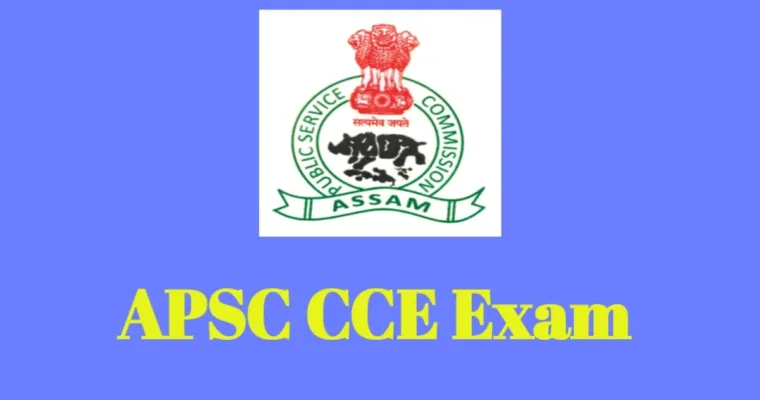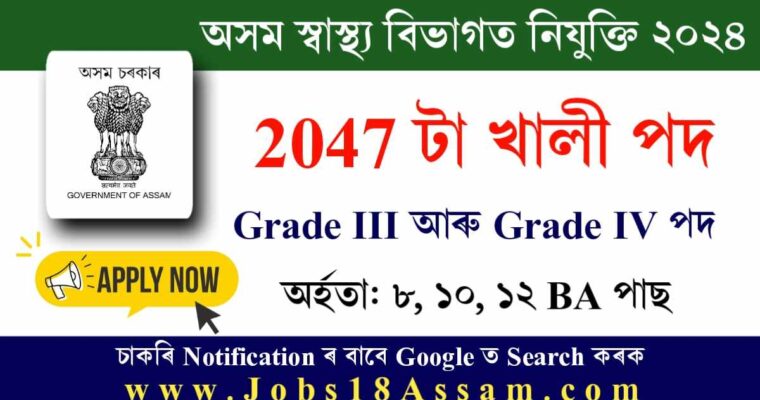In a major diplomatic move, Indian Prime Minister Narendra Modi has proposed a seven-pillar framework aimed at strengthening the relationship between India and the Caribbean Community (CARICOM).
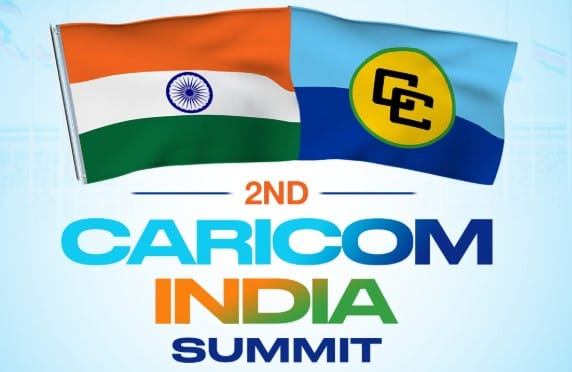
In a major diplomatic move, Indian Prime Minister Narendra Modi has proposed a seven-pillar framework aimed at strengthening the relationship between India and the Caribbean Community (CARICOM). This proposal comes as part of India’s ongoing efforts to deepen its ties with the Caribbean region.
Prime Minister Modi announced the new framework during a virtual meeting with CARICOM leaders on Monday. The meeting was held to discuss various areas of collaboration, including trade, climate change, and technology. Modi expressed India’s commitment to being a reliable partner in the Caribbean’s growth and development. He said that the new framework will help create more opportunities for mutual cooperation.
The Seven Pillars
The seven-pillar framework proposed by Modi is a comprehensive plan to enhance ties across several key areas. These include:
- Trade and Investment
Modi emphasized the importance of increasing trade between India and CARICOM countries. He suggested that both sides should work on removing barriers to trade, promote business exchanges, and identify new opportunities. India aims to expand its exports to the Caribbean, while also investing in key sectors like infrastructure and energy. - Climate Change and Sustainable Development
Climate change is a critical issue for the Caribbean, and Modi acknowledged the challenges posed by rising sea levels and natural disasters. India has proposed working with CARICOM countries to share knowledge and expertise on sustainable practices. Modi also promised to support the Caribbean’s efforts to combat climate change through green technology and renewable energy solutions. - Health Cooperation
The COVID-19 pandemic showed the importance of strong healthcare systems. Modi proposed enhancing cooperation in the health sector, particularly in the areas of vaccine distribution, medical supplies, and public health programs. He mentioned that India would provide support through its vast pharmaceutical industry, which has been a leader in affordable medicines. - Education and Capacity Building
India is already a key player in providing educational opportunities to Caribbean nations. Modi highlighted the role of scholarships, educational exchanges, and capacity-building programs. He encouraged greater academic collaboration between universities in India and CARICOM countries to help students gain skills that are essential for future growth. - Technology and Innovation
In the digital age, technology plays a crucial role in the development of any region. Prime Minister Modi proposed a partnership to help CARICOM countries enhance their digital infrastructure. India has a strong track record in information technology and digital innovation, and Modi said that India could share its expertise in these fields to help Caribbean nations grow their tech sectors. - Tourism and Cultural Exchange
Modi also pointed to the potential for stronger cultural ties. He suggested that tourism could be an important area for collaboration. He highlighted India’s rich cultural heritage and its potential for cultural exchanges with CARICOM nations. Additionally, he proposed promoting tourism between India and the Caribbean, which could increase people-to-people contacts and deepen bilateral relations. - Regional Security
In a rapidly changing global security environment, regional cooperation is key. Modi assured CARICOM leaders that India would work closely with them to address shared security concerns. This could include joint efforts to combat cybercrime, terrorism, and organized crime. India is also looking to expand its security cooperation with Caribbean countries through training programs and intelligence-sharing initiatives.
Strengthening Diplomatic Ties
The announcement of the seven-pillar framework comes at a time when India is actively strengthening its relations with countries across the globe. The Caribbean region, with its growing economic potential and strategic importance, has become a focus of India’s foreign policy. CARICOM represents a group of 15 countries, and India sees this partnership as vital for boosting its presence in the Americas.
Modi emphasized that the collaboration between India and CARICOM is based on shared values, such as democracy, the rule of law, and respect for human rights. He also pointed to the significant Indian diaspora in the Caribbean as a bridge between the two regions. The Indian community in the Caribbean has made vital contributions to the local economies and cultures, and Modi expressed India’s commitment to strengthening ties with them.
A Shared Vision for the Future
In his concluding remarks, Prime Minister Modi called the proposal a “blueprint for a new era of cooperation.” He said that the seven-pillar framework was not just about economic or strategic ties but was also about building a deeper, long-lasting partnership. He expressed hope that this would lead to concrete results for both India and CARICOM in the years ahead.
The Indian government is already working on implementing some of these initiatives, with plans for further discussions and exchanges between officials and experts from both sides. Experts believe that if implemented successfully, the framework could result in a transformative shift in how India engages with the Caribbean.
As CARICOM countries face unique challenges like climate change and economic recovery post-pandemic, India’s support in these areas could play a crucial role in helping them navigate their development goals. With both sides eager to strengthen ties, the future of India-Caribbean relations looks promising.
